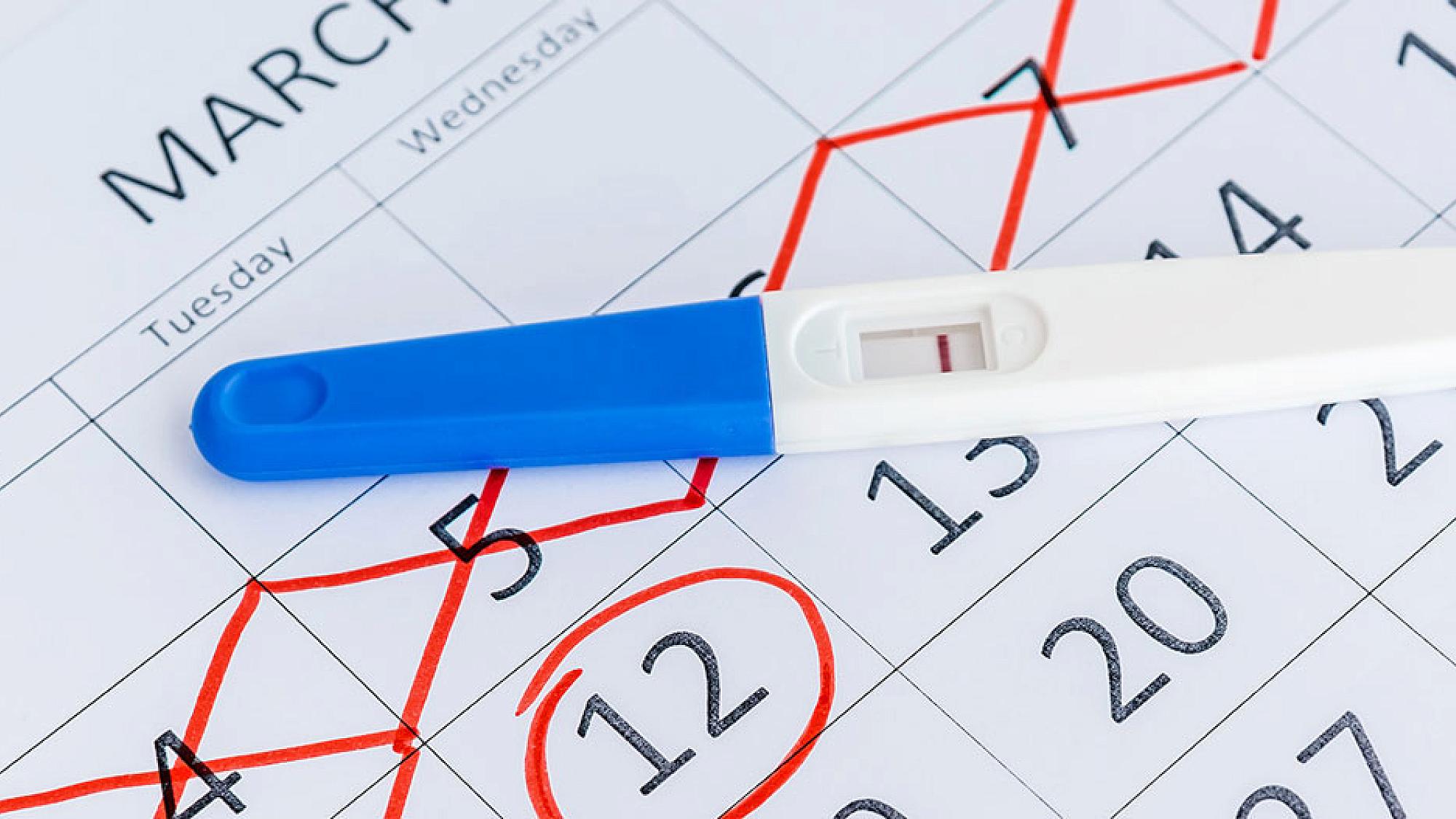
Young Adulthood - Health in Your 20s
Life in your 20s is about integrating different roles. Health issues tend to reflect career and relationship decisions. Your health needs may center around pregnancy and childbirth or maintaining regular checkups for your sexual health.
Your body is producing the hormones estrogen, progesterone, and androgen at peak levels, adding both fat and muscle.
Get Regular Exercise & Stay Hydrated
You most likely have strong bones and good flexibility, so you should start exercising regularly with activities that are fun and motivating. Your skin is young and healthy, with plenty of collagen and elastin to keep it looking strong and flexible.
Health Challenges in Your 20s
Your 20s are the time you have the highest chance of developing immune system disorders, such as lupus and rheumatoid arthritis. You may also have a higher chance of developing diabetes and other chronic conditions if you don’t exercise and have a poor diet.
Cancer is still relatively unlikely in your 20s, but you may face other health challenges like infectious diseases; sexually transmitted diseases; and birth control issues, pregnancy, and infertility.
Sleep Well, Eat Well
Not getting enough sleep is also common for many women in their 20s. This can affect your health by interfering with your memory and ability to concentrate, making you more likely to get injured, increasing stress levels and reducing your body's ability to fight infection or heal.
Prioritize Taking Care of Your Health
With so much going on, it's easy to get overwhelmed as you try to balance school, new jobs, friends, and possibly starting a family. Getting regular checkups and health screenings will help you develop and maintain the best health possible.
Make taking care of yourself a priority.
Services for Women in Their 20s
Women's Health Myths & More
Top 10 Women's Health Myths
Is cranberry juice good for UTIs? Do bras cause breast cancer? From preventing cancer to caring for your heart, it's important to learn what health information is accurate so you can stay healthy.
Ovulation: When Is the Best Time to Get Pregnant?
Most women have been ovulating since middle school—but how many of us can actually explain what's going on? Most of us know ovulation happens somewhere mid-cycle and is linked to our peak fertility, but many women don't learn more specifics until they're considering pregnancy.
Find a Health Care Provider Near You
Get Regular Checkups
One of the best things you can do for yourself is see a health care provider regularly. Get routine checkups and screenings like:
- Pap smears,
- sexual health screenings,
- mammograms (if recommended—usually age 40+),
- bone density screenings, and
- more.
At U of U Health we have many highly trained physicians, midwives, and APRNs that can give you the care you need. With 12 locations, you can find a health center convenient to you.
See a Provider Virtually
Concerned about getting care during the pandemic? Schedule a virtual visit with one of our specialists.







